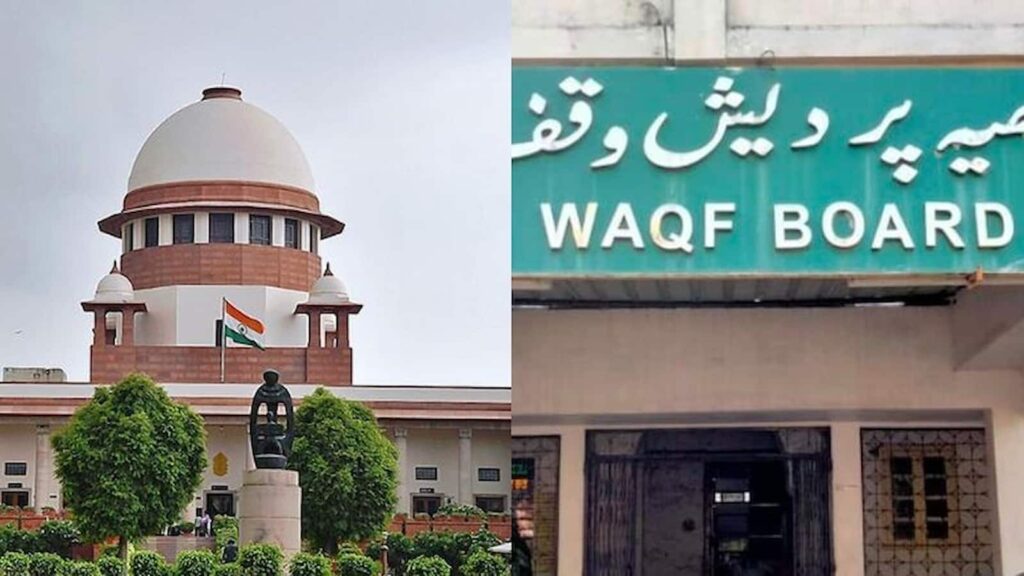The Supreme Court has indicated its intention to issue an interim order maintaining the status quo on certain provisions of the Waqf Act, 2025, following a series of petitions challenging the law’s constitutionality. During a hearing, the bench highlighted three specific procedural areas—registration, management, and adjudication of Waqf properties—where it is considering pausing the implementation of the amended rules.
The Waqf Act, 2025, which came into force on April 8 after receiving presidential assent, has sparked significant legal and political debate. The legislation, passed by Parliament with 288 votes in favour and 232 against in the Lok Sabha, and 128 in favour and 95 against in the Rajya Sabha, introduces substantial changes to the original Waqf Act of 1995. Notably, it renames the Act to the United Waqf Management, Empowerment, Efficiency and Development Act, 1995 , and incorporates 25 recommendations from the Joint Parliamentary Committee. These include mandating representation of at least two Muslim women on the Central Waqf Council and State Waqf Boards, ensuring female inheritance rights, and promoting sectarian inclusivity by requiring representation from various Muslim sects on State Waqf Boards.
However, the Act has faced criticism from various quarters. The Indian Union Muslim League has filed a writ petition under Article 32, arguing that the amendments violate Articles 14, 15, 25, and 26 of the Constitution by imposing arbitrary restrictions and enhancing state control over Islamic religious endowments. The petition contends that the Act deviates from the religious essence of waqf and imposes conditions not mandated by Shari’ah, such as requiring individuals to demonstrate five years of practicing Islam to create a waqf. It also challenges the removal of provisions allowing for oral waqfs and waqf by user, practices with historical significance in Islamic law.
In response to these challenges, the Centre has filed a caveat in the Supreme Court, seeking to be heard before any orders are passed on the pleas against the Act. The government maintains that the amendments aim to bring transparency and accountability to waqf property management, addressing issues of arbitrary claims and disputes that have arisen under the previous framework. It argues that the reforms are designed to ensure better governance and representation within waqf institutions.




 Uttarakhand’s Madarsas Embrace State Curriculum with Optional Sanskrit
Uttarakhand’s Madarsas Embrace State Curriculum with Optional Sanskrit 